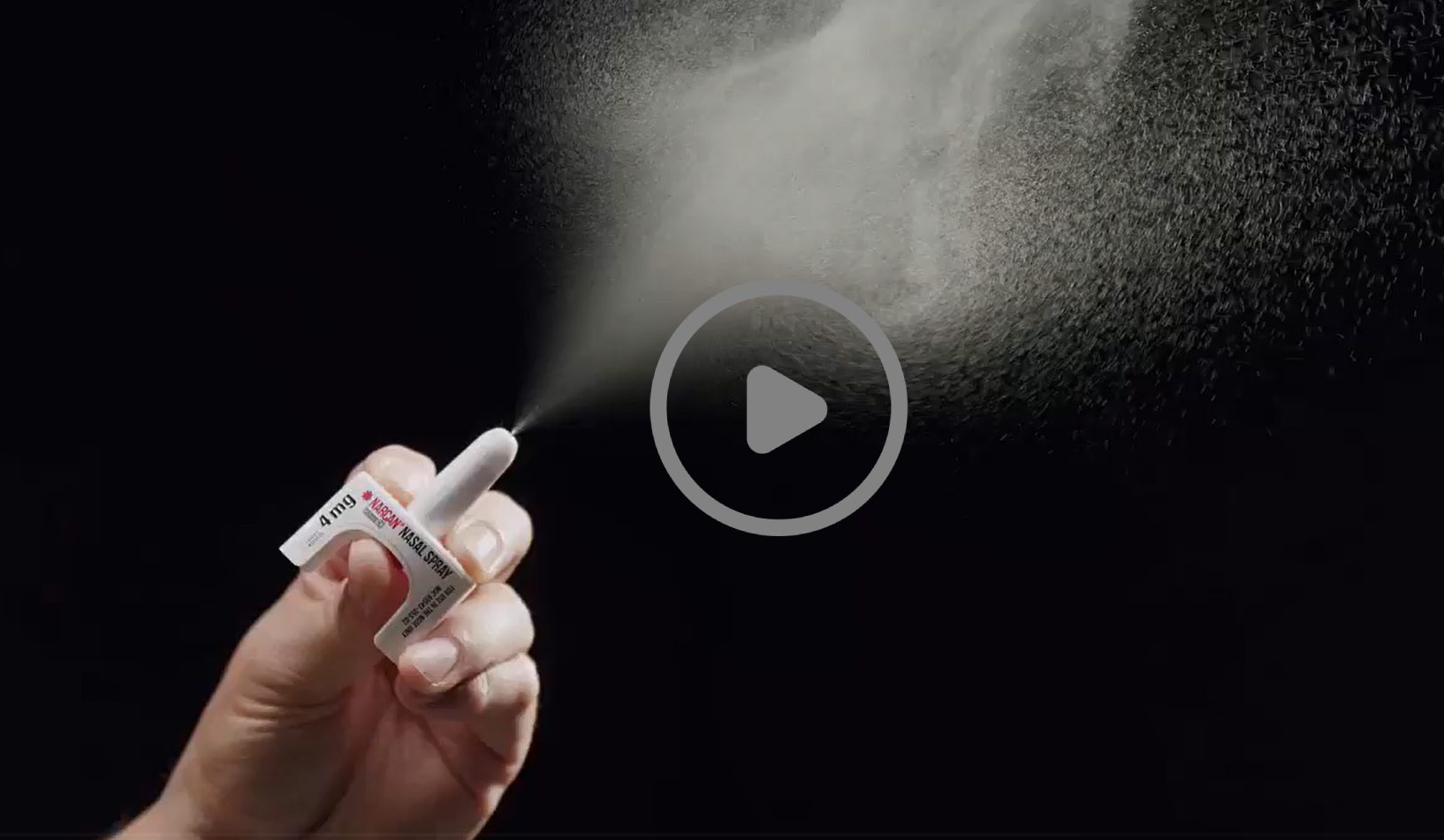Controlled Substances: Additional Authorizations and Registrations
Read about authorizations and registrations you may need to obtain in addition to a Controlled Substances Use Authorization (CSUA).
Depending on the purpose and the schedule number of the controlled substances (CS) your work involves, state, federal, and university regulations may require that other, additional authorizations, registrations, and protocols be obtained when you apply for a CSUA.
- Contact UC San Diego's Controlled Substances Program (CSP), prior to contacting outside agencies or applying for additional registrations.
Possible additional authorizations and registrations include:
UC San Diego IACUC Animal Use Protocol
Work with CS involving research animals at UC San Diego requires Animal Use Protocol approval and oversight by the Institutional Animal Care and Use Program Committee (IACUC). When using CS with animals, the first step in the process of acquiring CS is to get IACUC approval for the project being proposed.
If Schedule I controlled substances are to be used in animal research, the protocol will need to be approved by IACUC prior to DEA and RAPC application submission. The IACUC protocol and approval letter are required components of the application.
- Read the IACUC What You Need to Know page for application procedures.
- IACUC shares section 17 animal protocol data with the CSP. Ensure compliance in section 17 by:
- Listing all CS administered to animals. It is insufficient to list the CS solely outside of section 17.
- Amend your IACUC protocol to add CS, if necessary.
- Contact the IACUC, (858) 534-6069, if you have questions.
Opioids and Opiates Hazard Control Plan
If CS research in the lab involves opioids and/or opiates, the lab is required to complete an Opioids and Opiates Hazard Control Plan (HCP).
In addition to the HCP, if the lab does research that involves potent opioids or opiates, the lab is required to keep Naloxone in the lab’s first aid kit and have CSUA authorized personnel who work with Opioids and Opiates complete the How to Administer Naloxone training on UC Learning Center. This video is also available below but will not count toward training completion:
Potent Opioids include liquid and powdered Fentanyl and Fentanyl analogs including Sufentanil, Remifentanil, Alfentanil and Carfentanil. Patch formulations of opioids and opiates present a reduced risk of serious exposure and do not require labs to have Naloxone or complete the training video. However, although not required, any lab doing research with non-potent opioids and/or opiates can complete the training and request Naloxone.
These requirements are in place to reduce the risk of opioid exposure to researchers and to provide additional safety measures in the event of exposure. Exposure to opioids can have serious side effects and be life threatening.
Naloxone is a lifesaving drug that counteracts the effects of opioids in the body. Having Naloxone in the laboratory, and laboratory staff trained to administer the drug, can provide timely assistance to an individual affected by an opioid exposure. This drug will be made available via the CSP. If the lab’s Naloxone has expired or needs to be replaced, contact the CSP for assistance.
Questions about the requirements for opioids and opiates research can be directed to:
- HCP inquiries: UC San Diego Chemical Hygiene Officer, ehschem@ucsd.edu
- Opioids/ Opiates and Naloxone supply inquiries: Controlled Substances Program, ehscs@ucsd.edu
Research Advisory Panel of California
In addition to a CSUA, California requires pre-review and authorization of proposed research projects involving any of the following:
- Any Schedule I CS
- Human research using any Schedule I or Schedule II CS
Allow for processing time if your research project requires Research Advisory Panel authorization. At least 8 weeks before CS are to be ordered, submit a Research Application to the California Research Advisory Panel.
Follow the steps below:
- See the Research Advisory Panel of California Web site for application forms and submittal procedures.
- Contact UC San Diego's CSP, (858) 534-1362, prior to initiating the application.
- Apply directly to the Research Advisory Panel in coordination with the Controlled Substances Program.
- Email a copy of the authorization you receive to the Controlled Substances Program.
This review and authorization is conducted through the Research Advisory Panel of California in the Attorney General's Office.
Project-specific Drug Enforcement Administration (DEA) registration
Additional, project-specific DEA registrations are required for:
- The CS designated as Schedule I (PDF)
- If research requires the manufacturing of a CS
Contact the Controlled Substances Program, (858) 534-1362, for DEA registration application instructions prior to initiating application.
